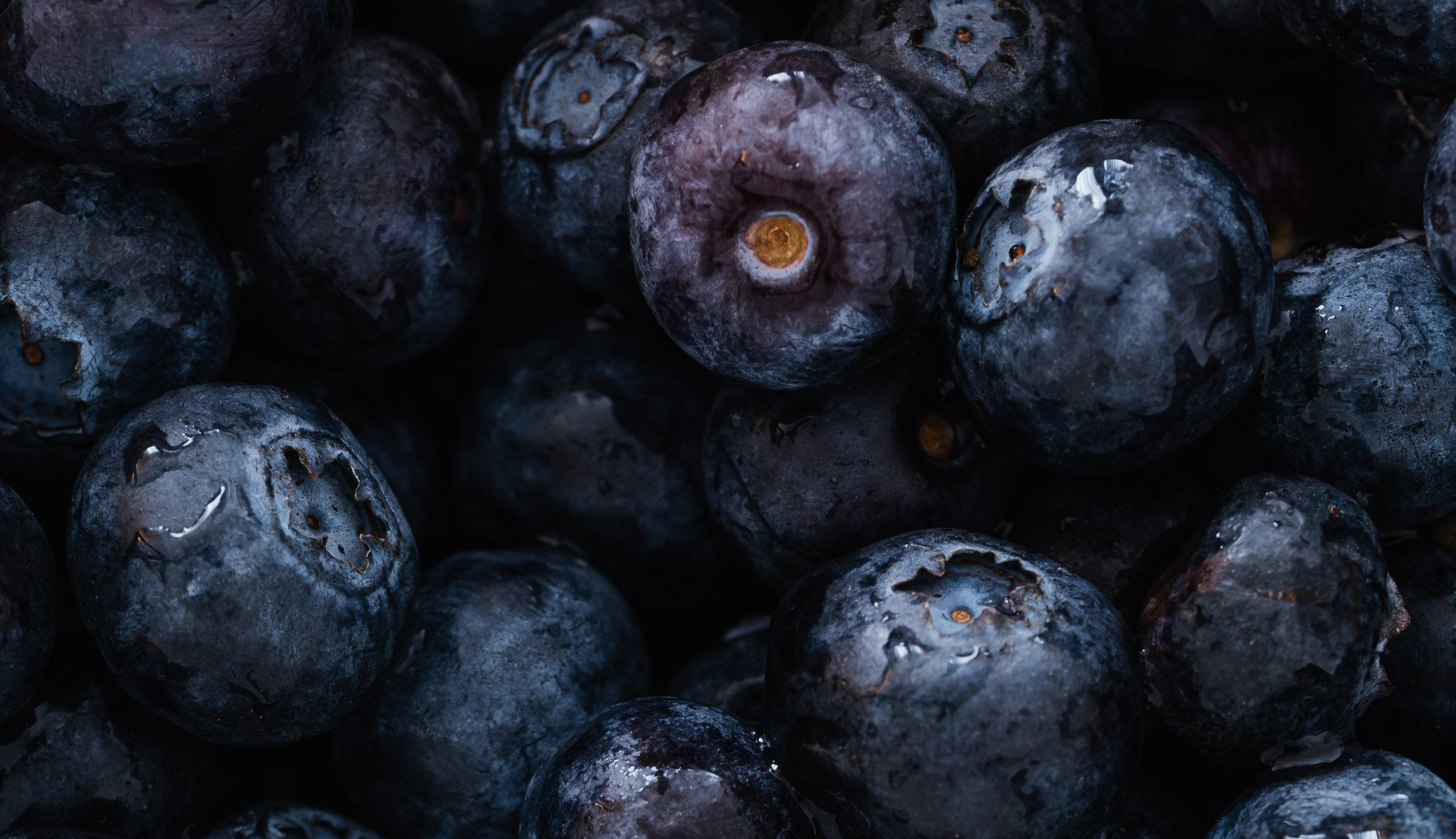Natural, Research-Based Recommendations from Nutritional Psychiatry

Did you know Nutritional Psychiatry is a thing? Apparently it is. Increasingly, research is examining the relationship between food and mental difficulties such as anxiety and depression; and the results are fascinating. For example, this study showed a 36% reduced risk of depression simply from eating a Mediterranean-style diet. By swapping out the simple-carbs, processed foods, and vegetable oils typical of the Standard American Diet (they don’t call it SAD for nothing!), you can quickly integrate these foods into your diet, helping your brain to feel great again.
In his recent book, Eat to Beat Depression and Anxiety: Nourish Your Way to Better Mental Health in Six Weeks, Dr Drew Ramsey cites research demonstrating the ability of a change in diet to alleviate mood disorders. Some of the results are stunning - including reductions in depression and anxiety on par or better than medication. His book is not a diet per se, but delves into 7 food categories that our brains need to function well.
Several nutritional strategies emerge from the data – all connecting dots showing that what’s good for the body is good for the brain. Some research theorizes that inflammation is a cause of many mental illnesses; thus anti inflammatory foods are the focus. Others point to the gut-brain connection, including well-known data that serotonin is manufactured in the gut; thus a focus on improving the quality of gut microbiota through such things as fermented foods. Underscoring all the results are indications that necessary brain nutrients, such as magnesium, folate, and Omega 3 fatty acids, are prerequisites to well-being, and key to the effectiveness of any other interventions, such as antidepressants. There are even dietary recommendations from research showing you can eat to encourage growth of new brain cells.
So why not just take vitamins? Dr Ramsey believes there is no true substitute for consuming vitamins through real food, in the manner in which the body was designed. Many have over-relied on their daily vitamin to fill in nutritional gaps that can never be made up when the diet is poor.
Three brain-beneficial foods that you can start incorporating today include leafy greens, rainbow fruits and vegetables, and seafood.
True story – my brother in law is by no means a health nerd, but he is a big believer in a bowl of leafy greens when he is feeling low. He feels a definite sense of well being and calmness/clarity of thought immediately after consuming these veggies – and it turns out, research shows he is correct! Leafy greens, such as kale, spinach, arugula, romaine, collard greens, etc. are nutrient dense, satiating, hydrating, and packed with fiber, phytonutrients, and naturally-occurring vitamins and minerals. Folate, for example, found abundantly in leafy greens, is essential in making neurotransmitters such as serotonin and dopamine. Dr Ramsey recommends 3 cups of leafy greens daily, meaning they should be a part of most of your meals. Think beyond salad by incorporating kale or spinach in your breakfast smoothie, pesto with your lunch pasta, or sautéed greens with dinner.
Nutritional psychiatry recommendations include ½ cup per meal of a variety of “rainbow” produce. Variety makes your plate more appealing and can ignite your culinary creativity; however, the beauty is not only skin deep. The varied colors in fruits and vegetables are indicative of the plants’ differing antioxidant nutrients – the Vitamin A found in orange carrots and sweet potatoes, the lycopene found in red tomatoes and strawberries, etc. Antioxidants reduce inflammation and help prevent cellular damage due to oxidation.
Seafood is one of the few places one can obtain Omega 3 fatty acids which have important nerve growth properties and inflammation-reducing effects. And while fish and shellfish may seem challenging to cook, in reality they are no more difficult than any other protein. Think creatively – such as fish tacos, salmon burgers, or adding shrimp to a simple salad or pasta dish. Aim for 2-3 servings of seafood per week.
Once you integrate these nutritional strategies, you can move on to some of the other nutritional psychiatry ideas, such as including nuts, beans, and seeds, enjoying eggs several times a week, or (my personal favorite) eating dark chocolate!
If the idea of a natural solution to improving mental functioning appeals to you, I highly recommend Dr. Ramsey's book.